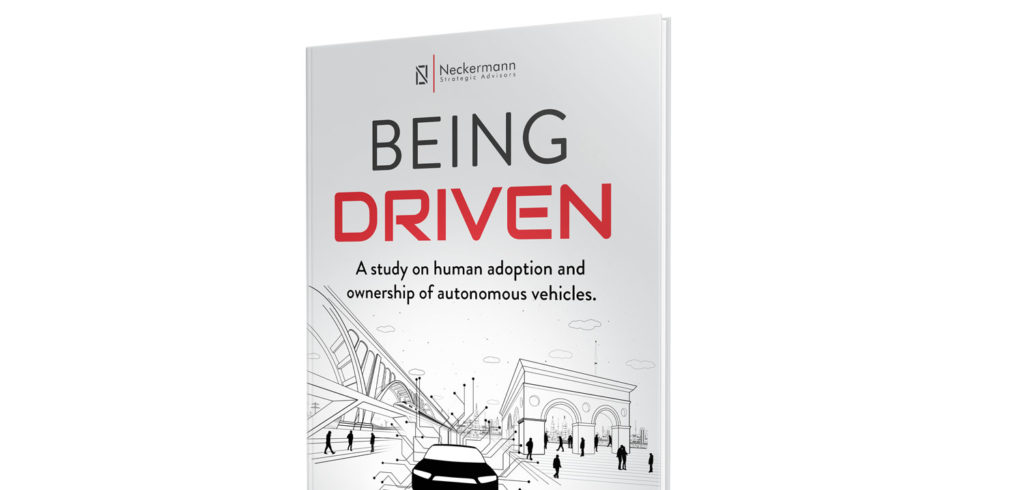A lack of trust in safety technology and an emotional attachment to car ownership are two key road blocks to a future of vehicle sharing and self-driving cars, according to a new study.
The study, Being Driven: A study on human adoption of autonomous vehicles, by Neckermann Strategic Advisors in collaboration with specialist agency 7th Sense Research UK, found that it could be at least 10 years before autonomous vehicles, and the sharing of them, will become part and parcel of society. This, combined with a perceived lack of prestige in not owning a vehicle, suggests that the majority of today’s motorists are not yet ready for the mobility concepts of the future.
With the automotive and tech industries looking toward the greater integration of autonomous technology into mainstream cars, the survey illustrates the path required for buyers to embrace the concept of self-driving cars. One of the study takeaways highlights that an increased communication of the benefits of AVs is vital to combat the fear of the unknown and inspire the greater level of trust required for widespread end-user acceptance.
The survey revealed that 75% of respondents are not comfortable with, or are undecided about, future adoption of AVs, along with strong resistance to a future of shared car ownership.
It also found that 60% of respondents would favor a private use, private ownership model as a means of accessing autonomous transportation. This is at odds with the previous industry assumption that shared ownership would form the core of future mobility.
Frederic John, co-author of the Neckermann study, said, “Globally, we’re becoming less resistant to change. Electricity and radio took 40 and 20 years respectively to cross the 80% penetration threshold, whereas smartphones and social media took under a decade.
“However, these technologies did not replace items with an emotional attachment. For consumers to detach themselves from this emotional connection in favor of the unknown, they first have to understand how AVs can enhance their travel experience.
“There’s an industry need to have a single, unified and strong voice to promote autonomous mobility technology towards the public and generate future end-user engagement.”


